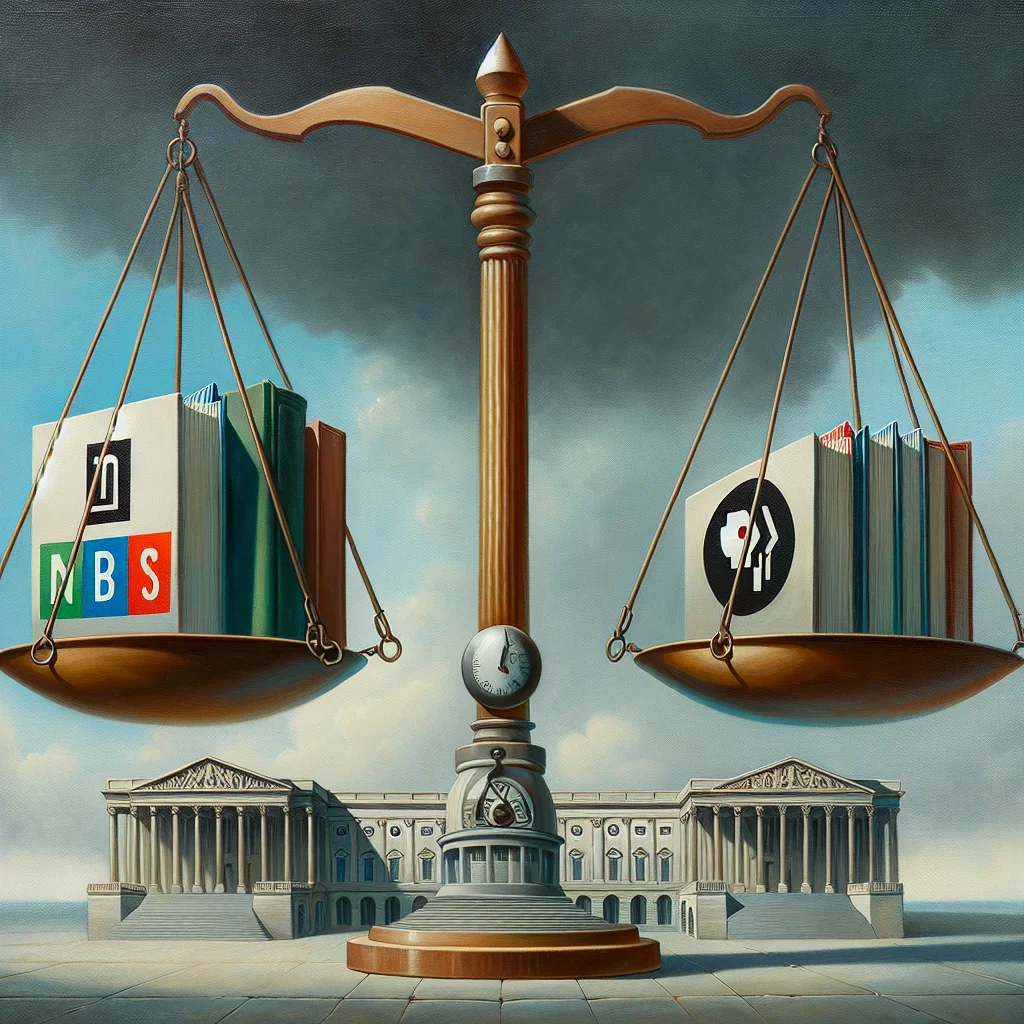
Major Budget Cuts Target Public Broadcasting
On July 18, 2025, the United States Congress voted to eliminate over $1 billion in federal funding for the Corporation for Public Broadcasting (CPB), which supports National Public Radio (NPR) and the Public Broadcasting Service (PBS). The move marks the most significant reduction in public media funding in decades, igniting intense debate over the future of publicly funded journalism and educational programming in America.
Details of the Congressional Vote
The House of Representatives passed the measure late Thursday in a 227-206 vote, largely along party lines. The Senate followed suit on Friday morning, with a 53-47 vote. The legislation now heads to the President's desk, where it is expected to be signed into law.
- Total funding cut: $1.09 billion for fiscal year 2026
- Agencies affected: NPR, PBS, and local public radio and television stations nationwide
- Implementation: Funding reductions set to begin October 1, 2025
Impact on Public Media Operations
CPB, which distributes federal funding to more than 1,500 public radio and television stations, warned that the cuts could result in significant staff reductions, reduced local programming, and potential station closures—particularly in rural and underserved communities. NPR and PBS, both of which rely on federal support to supplement donations and sponsorships, have stated that the cuts threaten the viability of critical news, cultural, and educational programming.
Political and Public Reactions
Supporters of the funding cuts, primarily Republican lawmakers, argued that public broadcasting has become less essential in an era of abundant digital content and that federal resources should be reallocated to other priorities. Critics, including Democrats and advocacy groups, maintain that public media remains a vital source of independent news, educational resources, and emergency information, especially for children and low-income audiences.
Public petitions and protests have surged nationwide, with advocacy organizations urging Congress to reconsider. Major cultural and educational leaders have also voiced concerns about the long-term impact on media diversity and civic engagement.
What Happens Next?
With federal funding now in jeopardy, NPR, PBS, and their affiliate stations are expected to increase fundraising efforts and seek alternative revenue sources. The CPB has warned that without stable government support, some services may be scaled back or eliminated, affecting millions of Americans who rely on public broadcasting for trusted news and educational content.
The debate over the federal role in supporting public media is likely to continue as the ramifications of these cuts unfold in the coming months.












